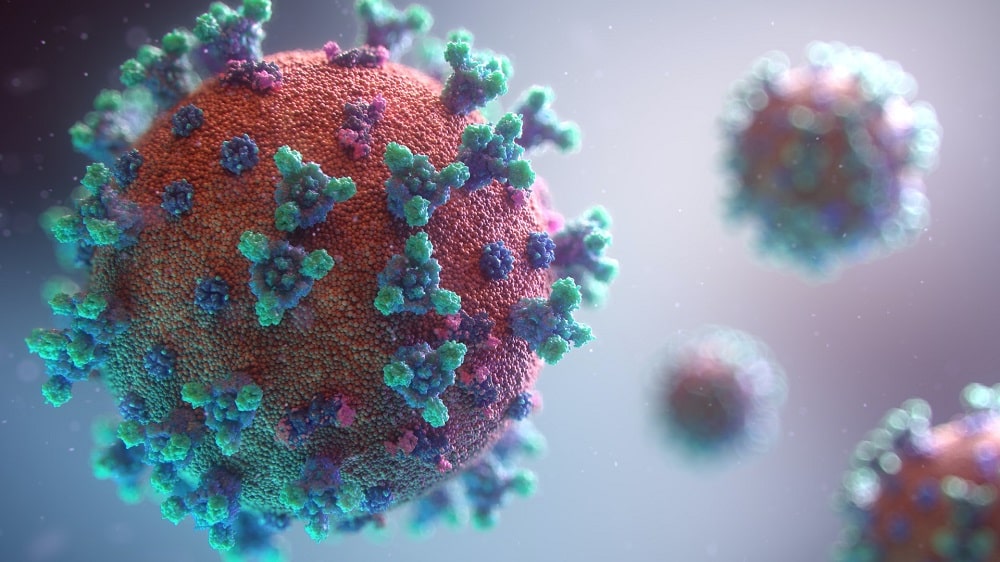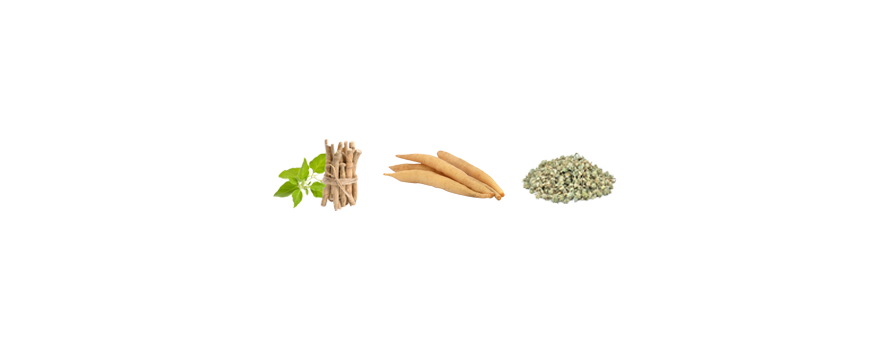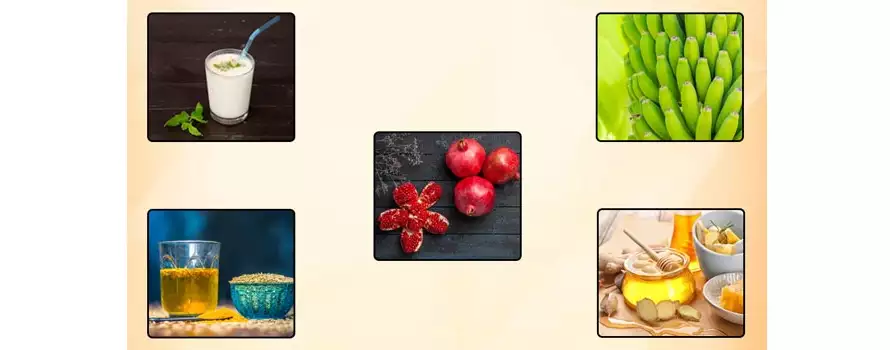Ayurveda, the ancient system of medicine originating from India, offers a holistic approach to treating various ailments, including eczema. Eczema, also known as atopic dermatitis, is a chronic inflammatory skin condition characterized by dry, itchy, and inflamed skin patches. Ayurvedic treatment for eczema focuses on restoring balance to the body’s doshas (energetic forces), addressing the underlying causes of the condition, and promoting overall well-being. Here’s a comprehensive overview of Ayurvedic treatment for eczema:
Understanding Eczema from an Ayurvedic Perspective: According to Ayurveda, eczema is primarily caused by an imbalance in the body’s doshas, particularly Vata (air and space) and Pitta (fire and water). Aggravated Vata can lead to dryness and roughness of the skin, while aggravated Pitta can cause inflammation and irritation. Additionally, impaired digestion and accumulation of toxins (ama) in the body can contribute to the development of eczema.
Ayurvedic Treatment Modalities for Eczema
- Dietary Modifications: Ayurveda emphasizes the importance of maintaining a balanced and nourishing diet to support overall health and well-being. For individuals with eczema, dietary changes may involve avoiding trigger foods that can exacerbate symptoms, such as spicy, oily, and processed foods. Instead, focus on incorporating cooling and hydrating foods, including fresh fruits, vegetables, whole grains, and herbal teas. Additionally, herbs like turmeric, neem, and aloe vera can help purify the blood and reduce inflammation when taken internally.
- Herbal Remedies: Ayurvedic herbs play a significant role in the treatment of eczema. Herbs with anti-inflammatory, anti-pruritic, and skin-soothing properties are commonly used to alleviate eczema symptoms and promote healing. Some of the herbs commonly recommended for eczema include:
- Neem (Azadirachta indica): Known for its antibacterial and antifungal properties, neem is beneficial in managing eczema symptoms and preventing skin infections.
- Turmeric (Curcuma longa): Turmeric possesses potent anti-inflammatory properties that can help reduce inflammation and itching associated with eczema.
- Triphala: A combination of three fruits (amla, bibhitaki, and haritaki), Triphala is revered in Ayurveda for its detoxifying and rejuvenating effects, promoting healthy digestion and skin health.
- Manjistha (Rubia cordifolia): Manjistha is a blood-purifying herb that helps eliminate toxins from the body and supports skin healing.
- Guduchi (Tinospora cordifolia): Guduchi is known for its immunomodulatory properties, strengthening the body’s defences and reducing allergic reactions that contribute to eczema flare-ups.
- External Therapies: Ayurvedic external therapies can provide relief from eczema symptoms while nourishing and rejuvenating the skin. These therapies may include:
- Abhyanga (Ayurvedic oil massage): Regular oil massage with medicated oils such as coconut oil, neem oil, or sesame oil can moisturize the skin, improve circulation, and reduce inflammation.
- Udvartana (herbal powder massage): Udvartana involves massaging the body with a paste made from finely ground herbs and grains, which exfoliates dead skin cells, unclogs pores, and promotes skin regeneration.
- Panchakarma: Panchakarma therapies, such as Virechana (therapeutic purgation) and Basti (medicated enema), are used to eliminate toxins from the body and restore balance to the doshas, addressing the root cause of eczema.
- Lifestyle Modifications: In addition to dietary and herbal interventions, certain lifestyle modifications can support the management of eczema. Practices such as stress management techniques (e.g., yoga, meditation, and deep breathing exercises), adequate sleep, and maintaining proper hygiene can help reduce inflammation, enhance immune function, and promote skin healing.
Ayurvedic treatment for eczema offers a holistic approach that addresses the root cause of the condition while promoting overall health and well-being. By incorporating dietary modifications, herbal remedies, external therapies, and lifestyle adjustments, individuals can effectively manage eczema symptoms and experience long-term relief. However, it’s essential to consult with a qualified Ayurvedic practitioner to develop a personalized treatment plan tailored to individual needs and constitution. With dedication and consistency, Ayurveda can provide natural and sustainable solutions for eczema management.



